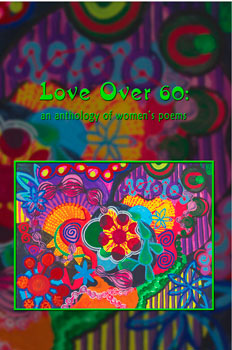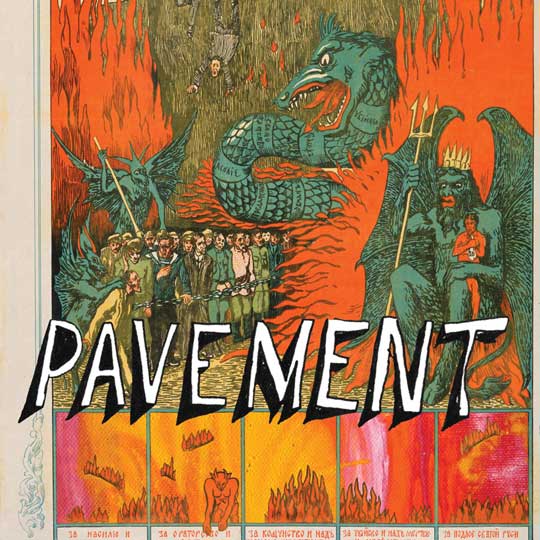It’s fair to say that a lot of Western love poetry is biased towards youth and the male perspective. You could blame the influence of the British Romantics, who for all their unquestionable genius were essentially a bunch of horny twentysomethings who discovered that eloquence could get them laid. You could trace the prejudice back to Renaissance sonneteers, to the Greco-Roman Classics, or even to the general patriarchal bent of our culture. Politics—identity politics included—are pretty inimical to art, and you’d be missing the point if you looked at the whole corpus of poems dealing with sex and desire and saw only a conspiracy to propagate male supremacy and ageism. Still, it doesn’t make you a philistine if you point out that female voices—especially the older ones—are sometimes excluded from this particular canon.
Last Thursday’s reading at Moe’s books didn’t explicitly acknowledge these realities, but it didn’t exactly have to. The title of the new compilation from which the evening’s content was culled—Love Over 60: An Anthology of Women’s Poems (Mayapple Press, 126 pages, $16.95)—is tough to read as anything but a rebuttal to those who see erotic verse as a young man’s game. The poems themselves dealt with love in a variety of forms—we heard lots about sexual love, sure, but there were also plenty of lines dedicated to its maternal, aesthetic, and metaphysical cousins.
The first poet who read was Ellery Akers, an occasional writer of fiction and self-described naturalist. Akers presented two pieces, each of which combined a biologist’s fascination with minute organic phenomena with a poet’s worshipful awe of nature. In “The Naturalist in Love,” her eroticism was frank and explicit, though it always arrived filtered through a scrim of natural metaphor. Her overall ethos is pantheistic, drawing no division between her desire for her partner and her all-encompassing love of the natural world. It was vibrant, zesty, smart stuff, but Akers did employ the occasional hackneyed image, especially when she explored the erotic potential—“slide its wet petals apart”– of flowers.
Akers was followed by Gail Entrekin, who dished out a rapid series of witty, slice-of-life vignettes. These pieces were charming, funny, and insightful, but they were hampered somewhat by their resolute literalism. There’s nothing that says a poem has to be obscure or packed with dense figurative language, but snappy lines are generally a poor substitute for truly arresting imagery. The exception was her closing poem “Recovery Room,” a shattering but ultimately hopeful portrayal of long-term illness.
After Entrekin, Kathie Isaac-Luke, a Registered Nurse and the editor of Caesura literary journal, took the mike. Her poems were rife with choice language—the line “I cannot walk her to the stars that guide her” from the parental ode “Blame Aphrodite” really stuck in my head. Furthermore, “Alchemy,” her wistful, joyous paean to classic cinema, seemed the most deeply-felt and potentially the strongest piece read that evening.
Following that, things got a little darker. The final three poets—Rosalie Nelson, Carol Wade Lundberg, and Ellaraine Lockie—expressed degrees of sorrow and anger that hadn’t been present in the preceding poems. This sometimes got a little heavy-handed, particularly in Lockie’s “Translation of a facelift.” She made up for it, though, with her wonderfully ambivalent dialogue “Wings Clipped,” which managed to combine an amusing intergenerational exchange with an overwhelming sense of existential dread. Wade Lundberg’s “Under a Thin Film of Ice” was similarly ambivalent, and ended up being one of the evening’s highlights.
If the reading—and by extension the collection—had a unifying theme, it was experience. Taken together, the poems implied that a lifetime of love and loss doesn’t make the palate jaded, but instead makes it richer, allowing for an appreciation of subtle hues and undertones. There’ll always be a place in poetry for callow young men, but if Love Over 60 is any indication, perhaps they could benefit from occasionally listening to their elders.
Zach Ritter
‘Love Over 60’ adds wisdom to poetic desire
Should we just keep chasing Pavement? Yes.
“I’ve always seen Berkeley as an extension of Stockton”, quipped Pavement‘s Stephen Malkmus, his limp, grey-brown hair dyed a shimmering red by the Greek’s stage lights, and his guitar clutched high and tight to his chest like a mandolin.
The crowd laughed indulgently at this stroke of wit, but there was no mistaking its growing restlessness, because the ratio of talk to rock had become increasingly lopsided. This was probably the biggest surprise of the night — the Pavement front man is one hell of a chatterbox. His stage patter is a lot like his songs: wry, nonchalant, and frequently bizarre. Over the course of the Friday, June 25 show, he held forth on Stockton, Cal football, and the history of the Greek Theatre. He also poked dry fun at his bandmates, who for their part gave as good as they got.
Quality banter is always welcome from a band leader, so it was good to see that Malkmus could play the sardonic frontman with as much ease and dexterity as he demonstrated on the Fenders that passed through his hands over the course of the evening. This was still, though, a rock show, meaning that Pavement’s sole function at the Greek was as a mechanism for the delivery of rock. All the wit in the world couldn’t have saved them if they had failed in that charge.
Thankfully, there was no such problem on Friday night. When Malkmus cracked wise, it was entertaining. When he actually shut up and played, it was glorious. Pavement’s set list was a satisfying mixture of deep cuts and tried-and-true crowd pleasers, full of improvisational riffage, experimental phrasing, and charmingly sloppy false starts. At one point, Malkmus balanced a guitar on his open palm for an impressive ten seconds, while shaggy-haired drummer Gary Young shambled dazedly across the stage like a bear just emerging from hibernation.
Just as impressive as the set lists’ content was its arrangement — in a particularly smart move, the band preempted requests by opening with the addictively melodic fan favorite “Cut Your Hair” while the irony-drenched mope-anthem “Here” made for a tonally perfect coda to the evening’s revels. Throughout the night, aging hipsters pogoed alongside their college-aged counterparts, the scent of cannabis perfumed the air, and everyone left the Greek ready to once again swear fealty to Pavement, the returned crown princes of indie rock.
http://www.youtube.com/watch?v=dU-WRDdGyOM


